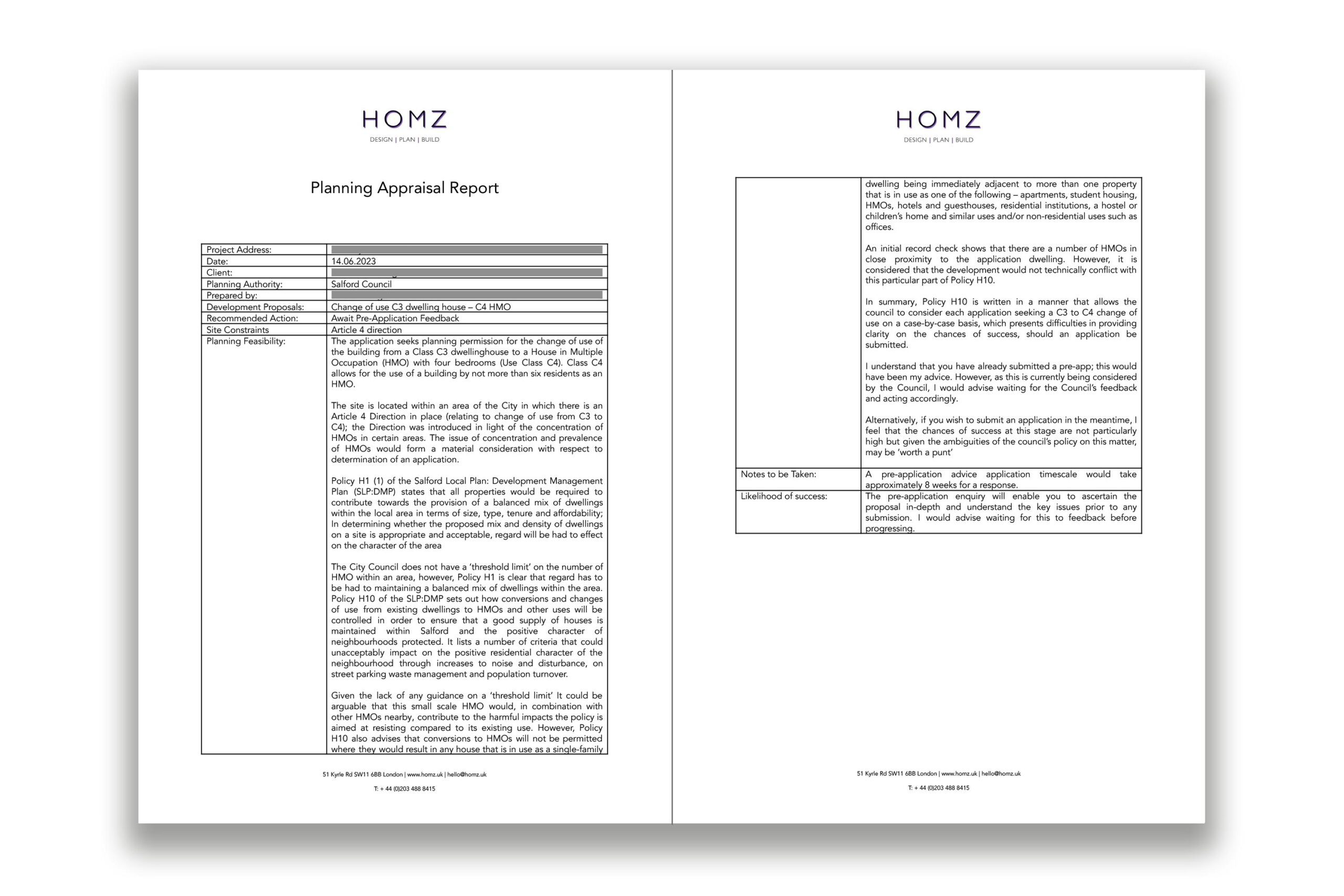Change of use planning applications in the UK represent a vital aspect of urban development and property use. Whether it’s converting a commercial space into residential units, repurposing an industrial building for a cultural centre, or adapting a premises for mixed-use, understanding the regulatory framework is essential. This essay delves into the intricacies of change of use planning applications in the UK, focusing on the significance of planning consent, permitted development rights, extended permitted development rights, sui generis planning consent, and change of use classes.
Getting the Green Light: Planning Consent for a Change of Use
Imagine you want to change a church into a lovely house or vice versa. To make this transformation, you usually need what’s called “planning consent.” It’s like getting permission from the planning authorities to make sure your plan fits with local rules and guidelines. Each property falls into a specific “use class,” and changing from one class to another often needs planning consent. Planning consent ensures that the proposed change aligns with local planning policies, zoning regulations, and other relevant considerations.
Knowing the Classes: Planning Use Classes
Imagine you have a brilliant idea to repurpose a building. Maybe you want to turn an office into a yoga studio or an old school into stylish apartments. The first thing you’ll encounter is something called “change of use classes.” In simple terms, these classes are like categories that different types of properties fall into. We’re talking about residential, commercial, industrial, and more. Changing the use of a property often means moving from one class to another.
Up to 1st September 2020, there were four Classes of use in planning, ‘A to D’. However, these have been significantly altered.
The current use classes for planning in England can be summarised as:
Class B2 General Industrial
Class B8 Storage and distribution
Class C1 Hotels
Class C2 Residential institutions
Class C2A Secure residential institutions
Class C3 Dwelling houses
Class C4 Small Houses in multiple occupation
Class E Commercial, Business and Service
Class F1 Learning and non-residential institutions
Class F2 Local community
Unusual Cases: Sui Generis Planning Consent
Sometimes, your project doesn’t fit into any of the regular use classes. These unique projects are called “sui generis,” and they need their own kind of planning permission. Think nightclubs, casinos, or some types of schools – they all fall into this category. Getting approval for sui generis projects can be a bit more complex since each one is considered individually.
What to Know About Extended Permitted Development Rights
In recent years, the UK government has introduced extended permitted development rights, enabling certain changes of use with less stringent planning requirements. This expansion aims to facilitate projects such as converting commercial properties into residential spaces, promoting housing development. Nevertheless, careful assessment and adherence to all associated guidelines are crucial for a smooth transition.

Our Town Planners are here to provide you Pre-Planning Advice on whether you need a planning permission or not and likelihood of success of your project, Contact Us and get your answers today. Please see examples from some of our Planning Appraisal Reports for the Change of Use Projects we submitted so far.
Is Your Project Feasible? Our Town Planners Can Give You The Answer
Change of use projects in the UK offer a significant opportunity for property owners and developers to transform existing spaces to better meet the evolving needs of society. Whether it’s repurposing commercial buildings into residential units, converting agricultural structures into vibrant community spaces, or adapting houses into holiday lets, the process of changing the use of a property requires a solid understanding of the UK’s planning regulations and guidelines.




